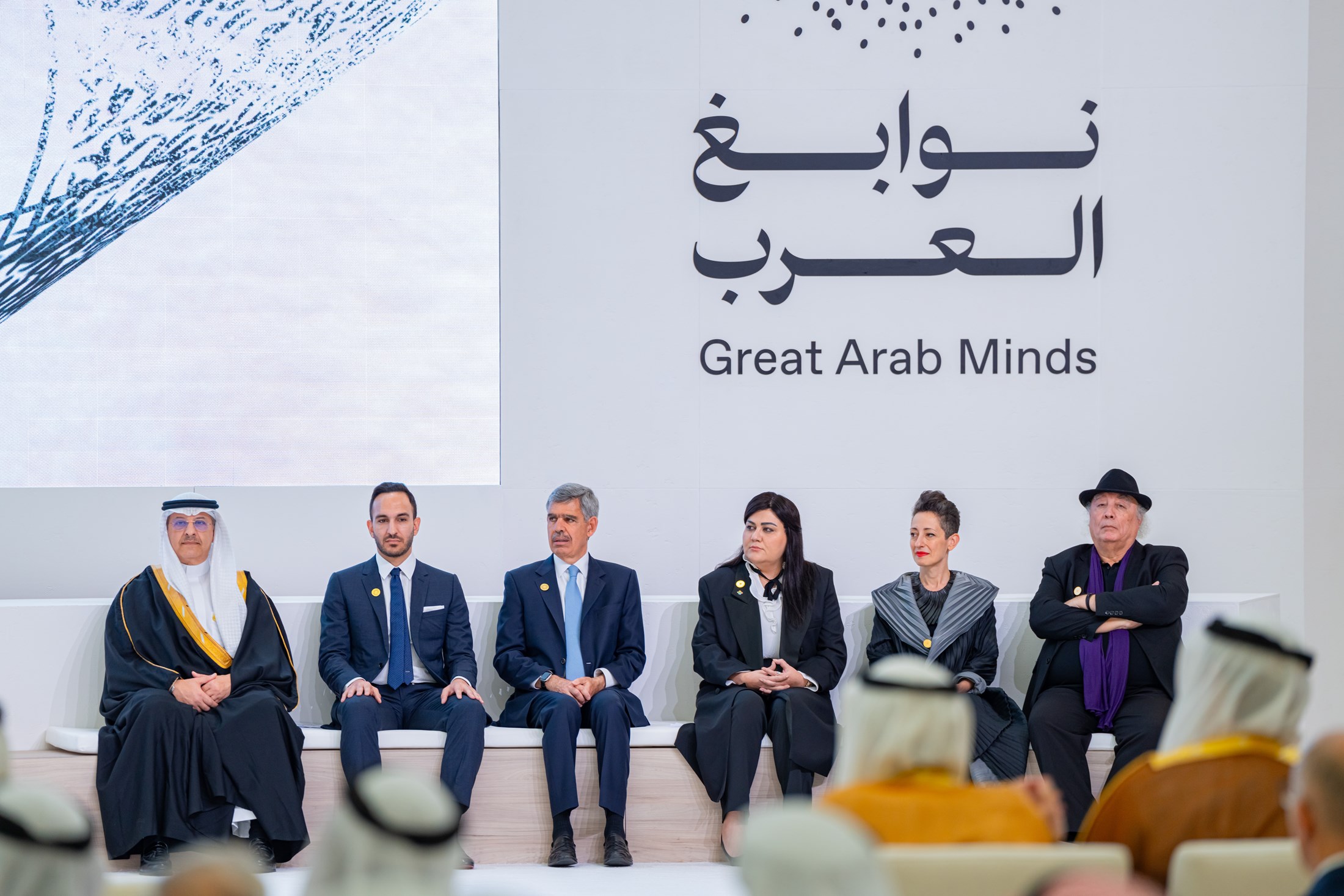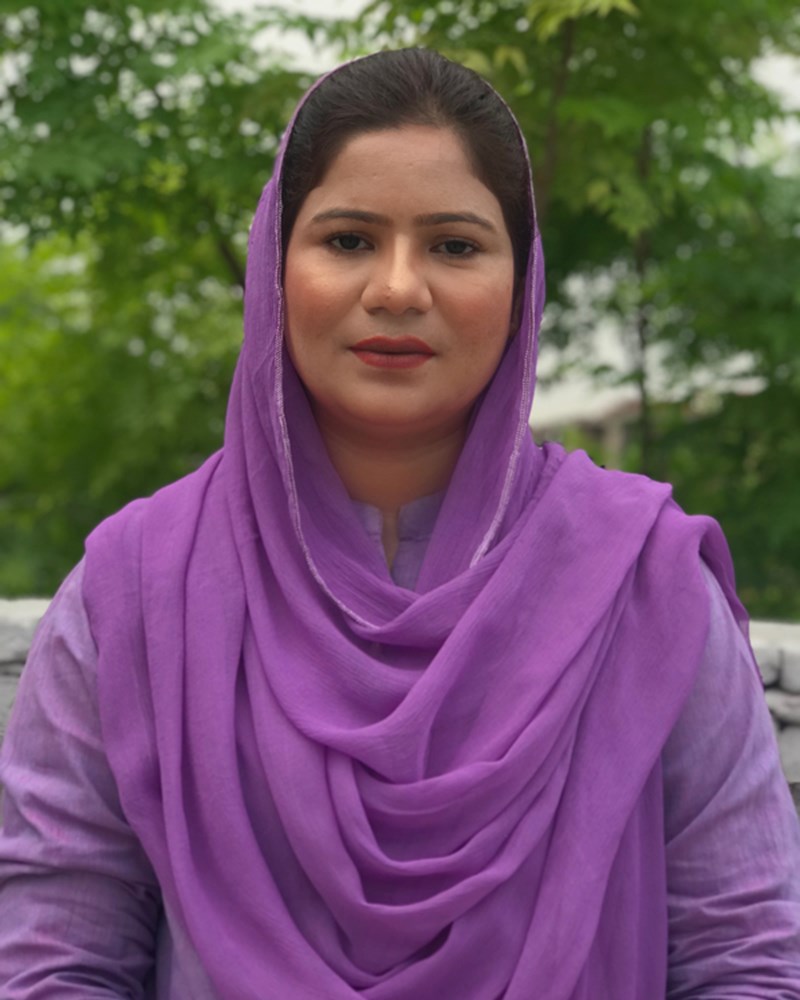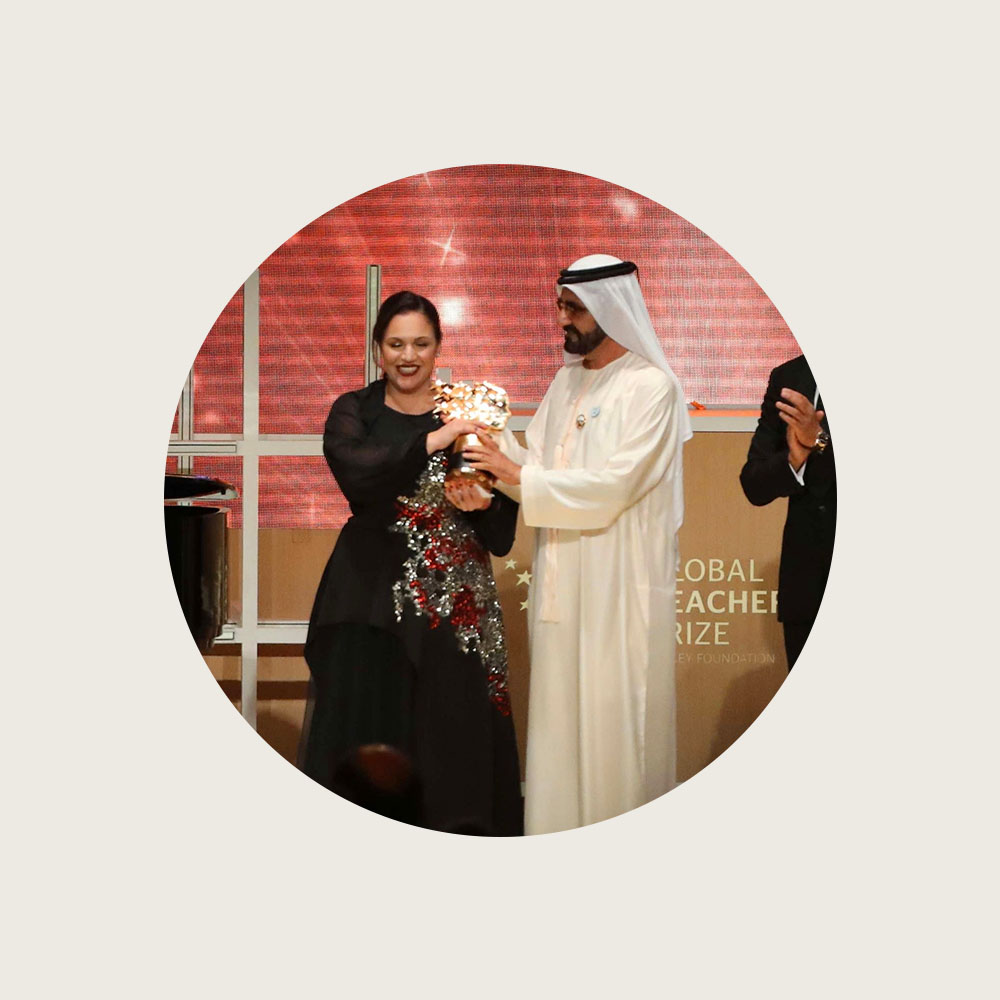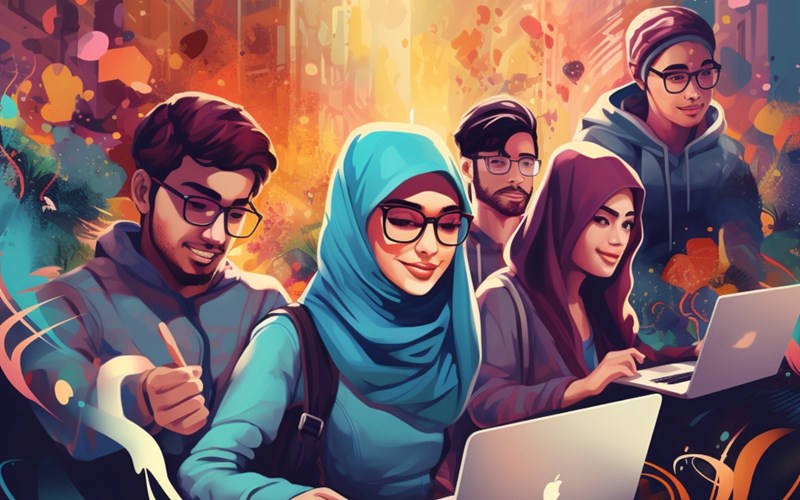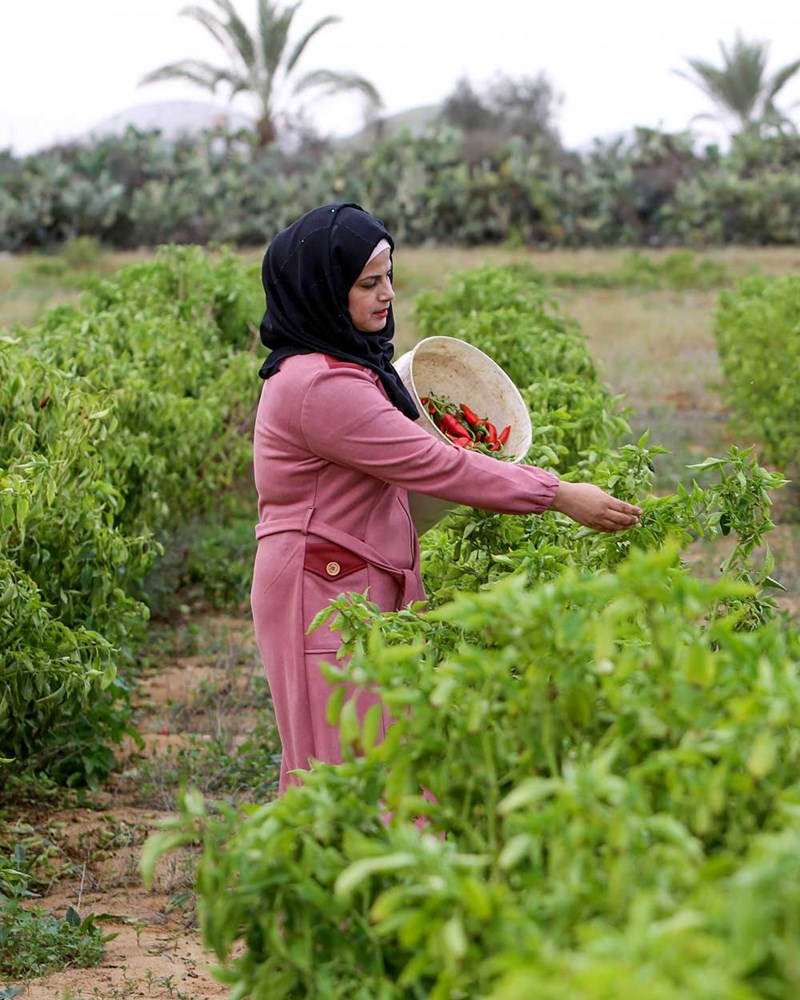Hani Najm, Medicine
Saudi cardiac surgeon and chair of paediatric and congenital heart surgery at Cleveland Clinic, Ohio, Dr Najm has developed innovations in paediatric heart surgery including a self-expanding heart valve and a "ventricular switch" technique to repairing complex congenital heart conditions in children. In addition, Najm played a crucial role in a rare life-saving surgery on a 26-week-old foetus with a heart tumour.
Fadel Adib, Engineering and Technology
Fadel Adib, an assistant professor at Massachusetts Institute of Technology (MIT) was awarded for his significant contributions to wireless technology and sensing. Research by Adib, from Lebanon, has expanded the possibilities of wireless sensing technology, particularly in through-wall vision and sensing, enabling the detection of objects and vibrations behind walls and under rubble.
Mohamed El-Erian, Economics
Egyptian-American economist and president of Queens’ College, Cambridge University, El-Erian is known for providing deep insights into the global economy. His research, including the development of analytical tools, has improved economic forecasting accuracy. His six influential books have addressed key topics such as the post-global financial crisis and Covid-19 economic landscapes.
Niveen Khashab, Natural Science
The dean of physical sciences and engineering, and chair of the chemistry department at King Abdullah University of Science and Technology (KAUST), Dr Khashab from Lebanon has blazed a trail for women scientists in the Arab region. She is recognised for advancing biomimetic supramolecular assemblies with versatile applications in biomedical and industrial domains that have contributed to sustainable agriculture.
Lina Ghotmeh, Architecture and Design
Celebrated Lebanese architect and architecture professor Ghotmeh is recognised for integrating architecture and nature and she selects durable materials for challenging conditions. She has overseen 65 global projects including the Stone Garden apartment block, which survived the 2020 Beirut port explosion.
Waciny Laredj, Literature and Arts
An Algerian novelist and professor of Arabic literature at both the University of Algiers and the Sorbonne University in Paris, Laredj is an Arabic literary giant. He has authored more than 30 novels and books in both Arabic and French and is best known for introduces new forms of linguistic expression, which have broadened the scope of narratives and imaginative storytelling in Arabic literature.

